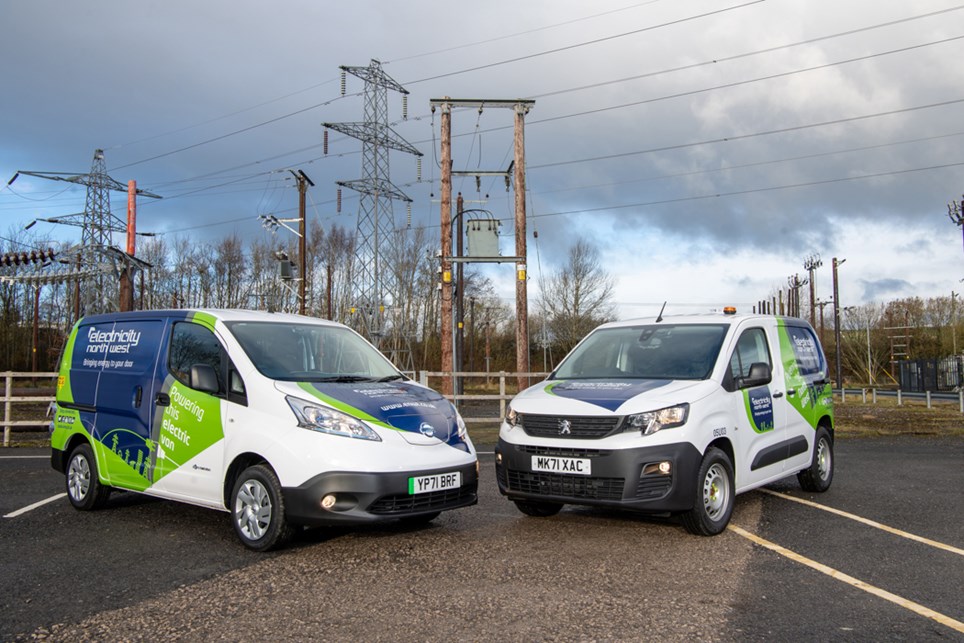A new survey has found that North West businesses are increasingly turning to carbon reduction measures to save money on their energy bills.
The survey, which involved 500 businesses and was carried out by Electricity North West, found that nearly three-quarters of businesses in the region have installed at least one energy efficiency measure or technology, such as LED lighting or insulation. Of those businesses, 46 per cent said that their main reason for doing so was to save money on energy bills.
Research also found that a quarter of businesses in the region now say that cutting carbon emissions is more important to them than it was a year ago.
The announcement comes weeks after Electricity North West announced it would be investing more than £2 billion over the next five years as part of the largest ever investment in the North West’s power network. This includes upgrading the region’s electricity network to enable the transition.
Cara Blockley, head of DSO at Electricity North West, said: "The cost-of-living crisis is making it difficult for businesses to make investments, but there are small steps that they can take to reduce their carbon emissions and save money on their energy bills.
"By implementing energy efficiency measures and promoting behavioural change, businesses can reduce their bills by an average of 18-25%. Simple and cost-effective actions, such as improving insulation to prevent heat loss and switching to LED lighting, can make a meaningful impact in achieving these savings.”
The uptake of electric vehicles in the North West is accelerating, according to the latest analysis from the network operator’s annual Distribution Future Electricity Scenarios report. The number of electric cars and vans on the region's roads has doubled in the past year, and it is expected to continue to grow in the coming years.
While the region's adoption of electric vehicles is still half the national average, there are a number of reasons to be optimistic. Almost a third of businesses with company car schemes have switched to electric vehicles, and this number is likely to increase as the cost of electric vehicles comes down and the availability of charging infrastructure improves.
The network operator is also well prepared for the future demand for electricity. It has a comprehensive plan in place that includes investment in cutting-edge technology and innovation. This will enable it to continue to be the most digital network operator in Europe and meet the needs of the region's growth.
Cara Blockley added: "We know that the transition to electric vehicles is essential for meeting net zero targets, but we need to do more to make it easier for businesses to make the switch.
"We're committed to working with businesses to help them reach their net zero goals. Part of our plans include investing £2 billion over the next five years to upgrade the region's electricity network, which will help to support the transition to a low-carbon economy."
For more information and support for businesses on their net zero journey, visit: https://www.enwl.co.uk/go-net-zero/net-zero-for-business/


